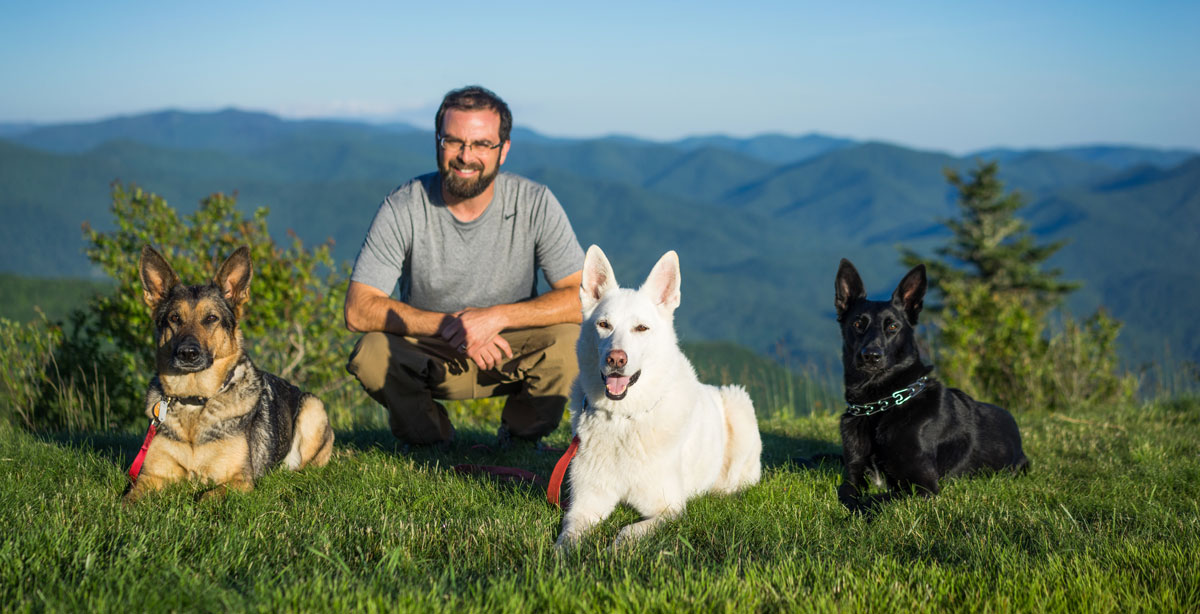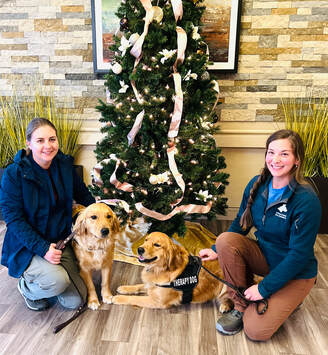Exactly How to Incorporate Games into Your Dog Training Regimen
Exactly How to Incorporate Games into Your Dog Training Regimen
Blog Article
Vital Tips for Successful Dog Training: A Guide for Pet Owners
Efficient canine training is a multifaceted procedure that needs a tactical technique customized to both the pet's temperament and the owner's objectives. Trick components such as developing constant commands, employing positive reinforcement, and assisting in very early socialization play important functions in promoting a well-adjusted canine companion. Lots of family pet proprietors experience challenges that can hinder progress, leading to stress and unpredictability. Recognizing just how to browse these obstacles can dramatically enhance the training experience, eventually transforming the partnership between proprietor and canine. What are the essential techniques that can be utilized to ensure success in this venture?
Understanding Canine Behavior
Recognizing dog habits is important for reliable training and cultivating an unified connection in between dogs and their proprietors. dog training. Dogs connect mainly with body language, articulations, and actions, making it essential for owners to analyze these signals accurately.

Socializing plays a considerable role in pet dog actions; exposure to different settings, individuals, and various other pets can dramatically impact a pet's personality. Aspects such as breed features and private personality must guide training approaches, as some types may have specific behavior traits that require tailored strategies. By recognizing these aspects, owners can produce an encouraging setting that motivates favorable habits, leading to successful training end results and a deeper bond with their animals.
Establishing Regular Commands
Effective communication with your canine begins with developing regular commands. This fundamental element of training is critical for cultivating understanding in between you and your animal. Consistency in the commands you utilize makes certain that your dog can dependably associate details words or expressions with the preferred behaviors.
When choosing commands, pick clear, unique words that are simple to state and separate from each other. Avoid making use of similar-sounding commands that may puzzle your pet dog. As an example, utilizing "sit" and "stay" is proper, yet "rest" and "struck" can bring about misconceptions.
Furthermore, preserve the very same tone and volume for every command. Pets are sensitive to singing cues, so differing your tone can develop confusion.
It is similarly vital to ensure that all member of the family are on the very same page regarding the commands utilized. A united front in command use will prevent blended signals and enhance the learning procedure.
Positive Reinforcement Methods
The power of positive reinforcement in canine training depends on its ability to motivate preferred habits through incentives and praise. This method is based in the principle that behaviors adhered to by beneficial results are most likely to be duplicated. By incorporating favorable reinforcement right into your training routine, you can properly form your canine's behavior in a positive manner.
To apply favorable reinforcement, it's necessary to determine what inspires your canine, whether it be deals with, toys, or verbal praise. When your pet does a wanted activity, such as remaining on command, promptly award them with a treat or affection. This association between the command and the positive end result reinforces their understanding.
It's critical to timing the rewards correctly; providing the support within seconds of the desired behavior aids your pet dog make the connection (dog training). In addition, uniformity is essential-- guarantee that all relative make use of the same commands and reward systems to avoid complication

Progressively, you can lower the regularity of treats as your pet learns the behavior, transitioning to praise or recurring benefits. This method not just fosters a strong bond in between you and your canine yet likewise advertises a positive knowing setting, look at here now making training a pleasurable experience for check that both.
Socialization and Interaction
Constantly revealing your canine to a range of environments, people, and other pets is crucial for their social development. Socialization must start early, ideally during the vital home window of 3 to 14 weeks, when young puppies are most responsive to brand-new experiences. Older dogs can likewise benefit from ongoing socialization initiatives.
Introduce your dog to different settings, such as parks, pet-friendly shops, and metropolitan locations. This exposure assists them adjust to different stimulations, lowering anxiety and worry responses. Encourage positive communications with various other dogs and individuals, making certain that these encounters are regulated and secure to cultivate confidence.
Make use of organized playdates with genteel pets, as this can improve your pet dog's social abilities and instruct them appropriate actions. Obedience classes and training sessions likewise provide outstanding chances for socialization, permitting your pet to connect with others in a supervised atmosphere.
Screen your pet's body movement throughout interactions, as this will certainly help you assess their convenience degree. Slowly boost direct exposure to more tough circumstances while ensuring that each experience is positive. A well-socialized pet dog is most likely to display balanced behavior, making them a pleasure to have in any type of click here for info setting.
Addressing Usual Training Obstacles
Every pet dog proprietor will certainly come across training challenges eventually, no matter of their pet dog's age or socializing degree. Identifying usual issues such as stubbornness, diversions, and terror can assist in creating efficient methods for improvement.

Gradually introduce interruptions as the pet ends up being much more skillful in commands. Short, regular training sessions are additionally reliable in keeping interest.
Fearfulness can impede a canine's discovering procedure. Progressive desensitization to the source of concern, coupled with positive reinforcement, can aid reduce stress and anxiety. Patience is essential; never compel a canine into a circumstance that causes distress, as this may aggravate the problem.
Inevitably, understanding and dealing with these typical challenges with a structured method will cultivate a much more productive training experience, reinforcing the bond in between pet dog and owner while promoting reliable knowing.
Verdict
In summary, effective canine training relies upon a comprehensive understanding of canine actions, the establishment of consistent commands, and the application of favorable reinforcement techniques. Socialization plays a crucial duty in developing well-adjusted family pets, while attending to common training obstacles requires persistence and adaptability. By executing these crucial strategies, pet dog owners can promote a solid bond with their dogs and promote desirable behaviors, ultimately leading to a harmonious connection between humans and their canine companions.
Recognizing dog behavior is vital for reliable training and cultivating an unified partnership in between dogs and their owners.Socialization plays a significant function in dog behavior; exposure to different atmospheres, people, and various other pets can dramatically impact a pet dog's temperament.The power of favorable support in pet training exists in its capacity to motivate wanted behaviors with rewards and appreciation. By incorporating favorable support right into your training program, you can successfully form your canine's habits in a constructive way.
In summary, effective pet dog training counts on a thorough understanding of canine behavior, the establishment of consistent commands, and the application of favorable reinforcement techniques.
Report this page